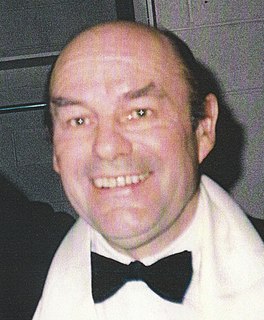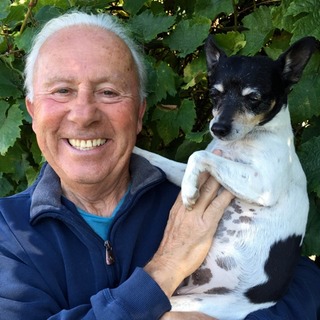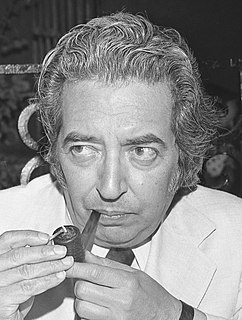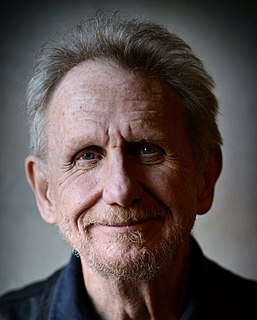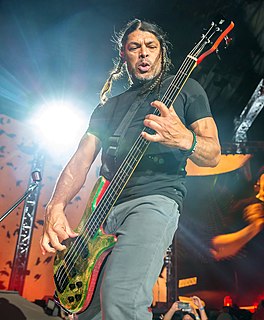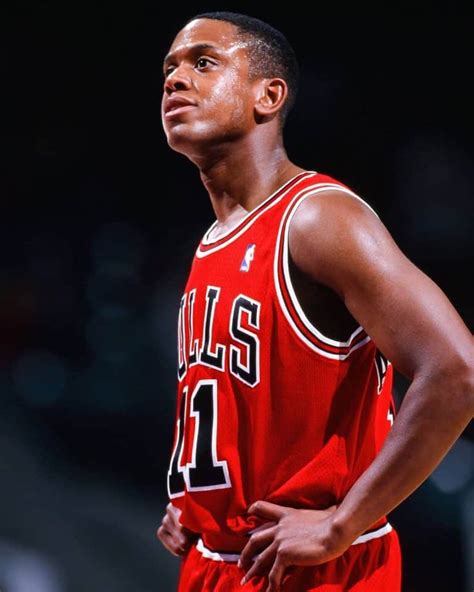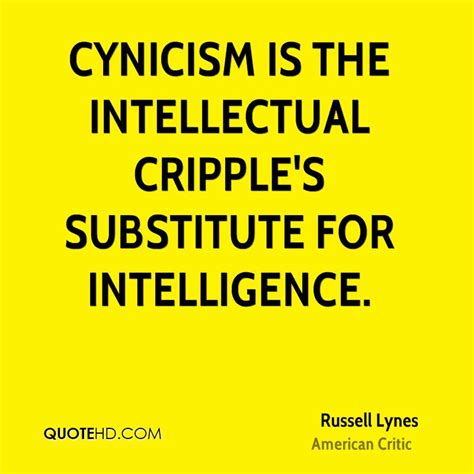A Quote by Julian Bream
When my father saw that I was interested in following such a career he had many reservations. His feeling was that there was no chance to earn a livelihood unless I played jazz or something similar.
Related Quotes
I could feel myself changing physically. It was like something dropped out of the sky. Seeing her on the fire escape had given me a certain feeling, and then when I saw the photograph of her, it gave me a similar feeling. And I thought that was an incredibly powerful thing - that a photograph could give you a feeling that was similar to a feeling you had in the physical world. Nobody could've told me that. I knew what I was going to do for the rest of my life.
Even before his detention, my father was fighting many cases. He remained in jail in Multan. He remained in jail in Bannu. But we were not allowed to go see him there. We always saw him in courts. So for me, the courts were a place where you dressed up to see your father. It had a very nice feeling to it.
Originally, I was in high school, and I was studying biology, and I got really interested in the field of medicine. And then, I got a lot of early exposure to it because my father's a physician, and I saw the relationship that he had with his patients, and it was something that drew my attention to how wonderful the field was.
I told my father I wanted to go to the stock market. My father reacted by telling me not to ask him or any of his friends for money. He, however, told me that I could live in the house in Mumbai and that if I did not do well in the market I could always earn my livelihood as chartered accountant. This sense of security really drove me in life.
Since the beginning of my recording career in 1975, I have had a little difficulty because the pop stations think I'm a jazzer who doesn't have a feeling for pop, so it's hard to get my records played. Similarly, black urban radio doesn't understand that with my R&B roots, I am more than a jazz singer. So I get pigeonholed.
As a disciple of my father's, I was certain I wanted to include one of his own raga creations on 'Home', as they are so beautiful; whilst many of his creations are part of the general classical repertoire for all musicians, many more are only played by those of us who learned from him, and therefore need to be played.
Improvisation was the blood and bone of jazz, and in the classic, New Orleans jazz it was collective improvisation in which each performer, seemingly going his own melodic way, played in harmony, dissonance, or counterpoint with the improvisations of his colleagues. Quite unlike ragtime, which was written down in many cases by its composers and could be repeated note for note (if not expression for expression) by others, jazz was a performer's not a composer's art.
